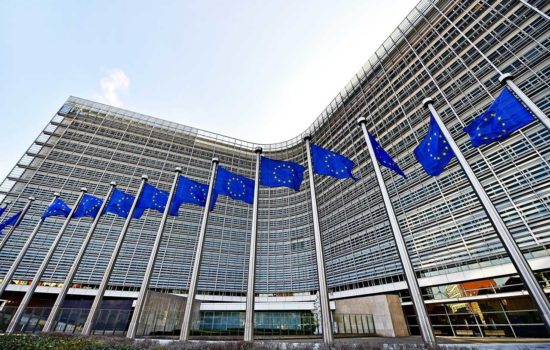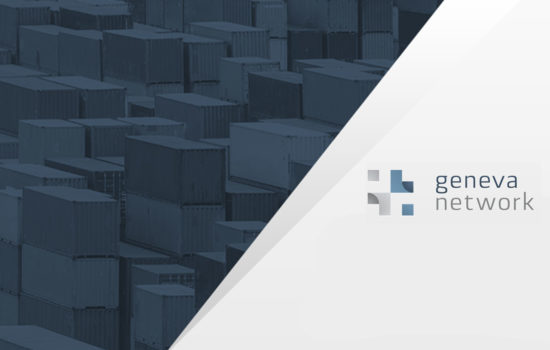
New technology and medicines key to Saudi’s healthcare success
Improving access to innovative medicines will deliver social and economic benefits, writes Philip Stevens.
Philip founded Geneva Network in 2015. His main research interests are the intersection of intellectual property, trade, and health policy. Formerly he was an official at the World Intellectual Property Organization (WIPO) in Geneva, where he worked in its Global Challenges Division on a range of IP and health issues. Prior to his time with WIPO, Philip worked as director of policy for International Policy Network, a UK-based think tank, as well as holding research positions with the Adam Smith Institute and Reform, both in London. He has also worked as a political risk consultant and a management consultant. He is a regular columnist in a wide range of international newspapers and has published a number of academic studies. He holds degrees from the London School of Economics and Durham University (UK). He is also a Senior Fellow at the Institute for Democracy and Economic Affairs, Malaysia.

Improving access to innovative medicines will deliver social and economic benefits, writes Philip Stevens.

Global IP rules need a refresh to take account of rapidly changing technology, write Philip Stevens and Nigel Cory.

Alors que les populations sud africaines ont un besoin cruel de médicaments, les nouveaux médicaments…

The European Commission is undermining innovation on the continent through its contradictory policy making around innovation.

This paper examines the reasons for farmer suicides in India, which stem from government interventions that result in agricultural market failures on a wide scale.

Egypt is about to slash the waiting time for drug approvals by 90%, in a move that will benefit patients and save lives, write Jasson Urbach and Philip Stevens.

El país podría construir una bioeconomía si trabajara en reducir las barreras regulatorias. Por ejemplo, en promedio toma 225 días para que el gobierno apruebe una prueba clínica. En Singapur es menos de un mes.

Intellectual property reforms ushered in by TRIPS have stimulated a nascent boom in pharmaceutical innovation in middle-income countries.

América Latina enfrenta otro año de contracción económica de acuerdo a los últimos pronósticos de la OCDE y la Cepal. Los economistas coinciden en que la región está condenada a un desempeño mediocre en tanto continúe dependiendo de las materias primas.